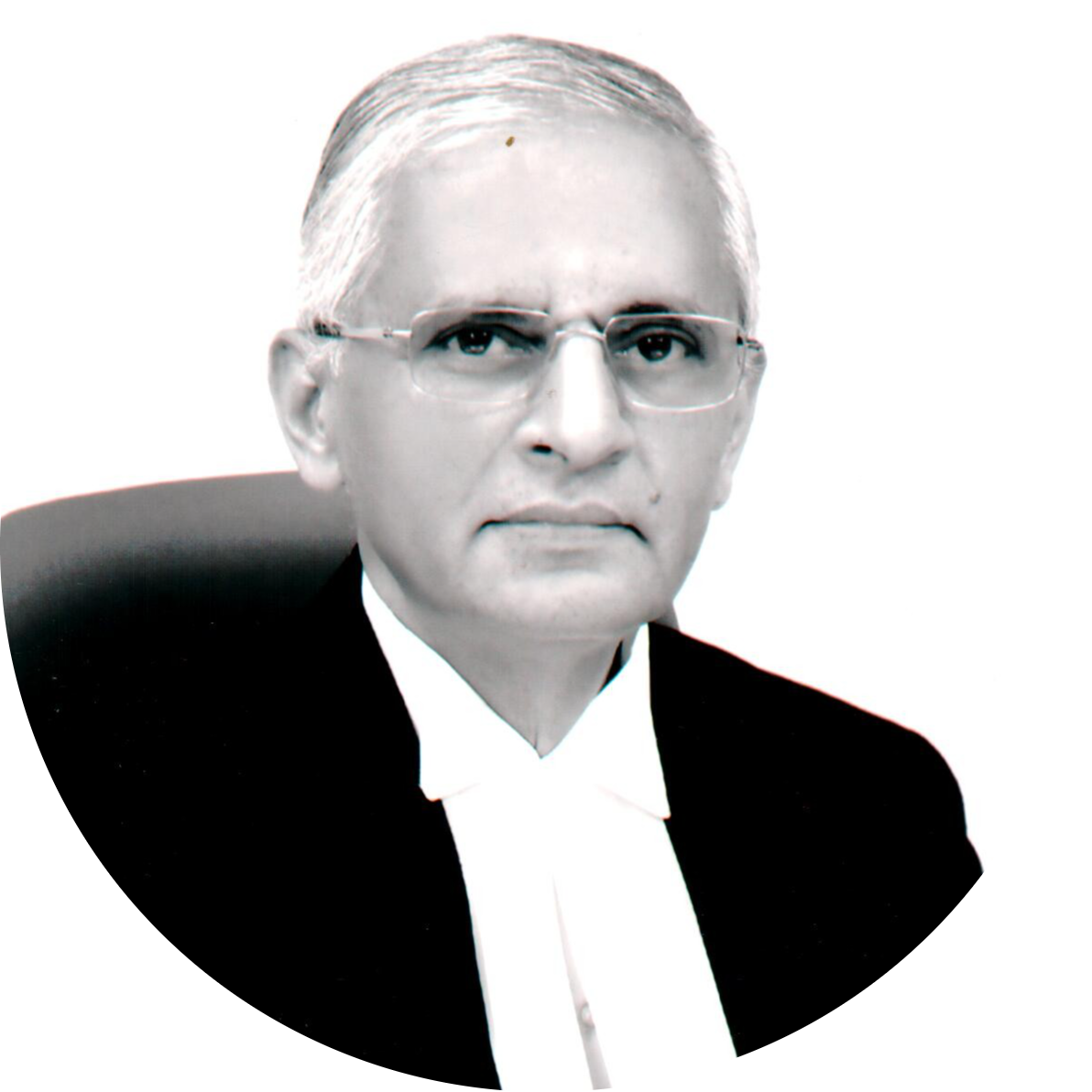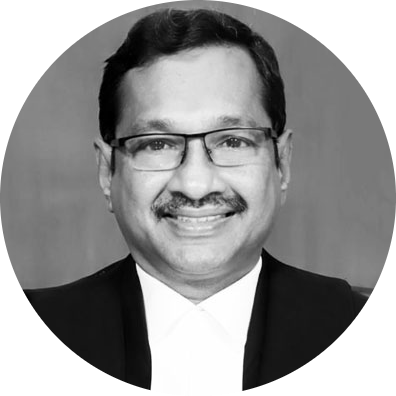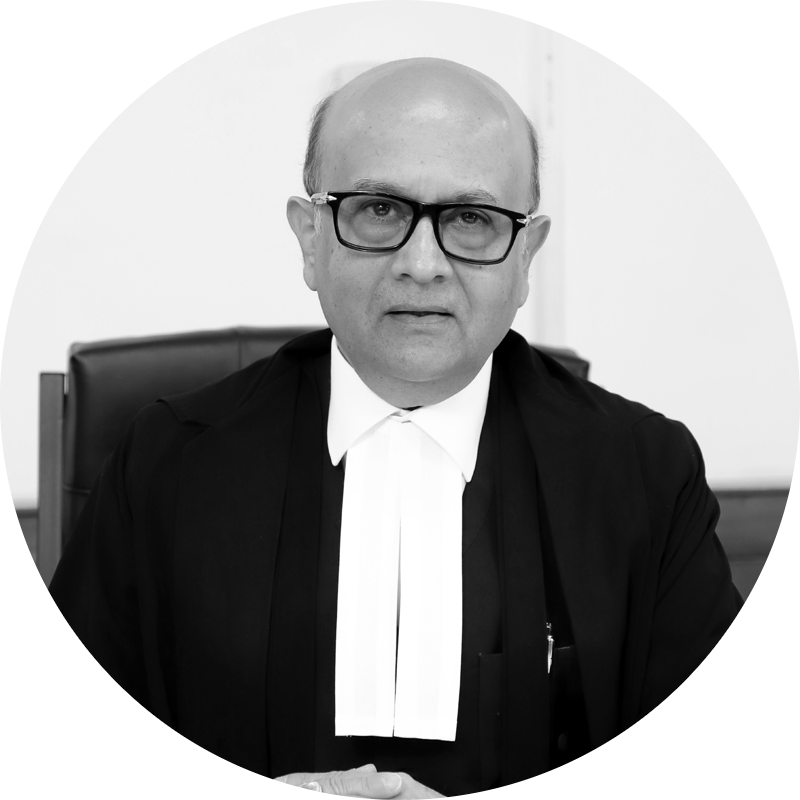Challenge to Extended Reservations in the Lok Sabha and State Legislative Assemblies
In re: Article 334 of the Constitution of India
A 5-Judge Constitution Bench will decide if the Union Government can keep extending reservation in Lok Sabha and State Legislature, despite Constitutional provision capping it at 10 years from 1950 under Article 334.
Pending
Parties
Petitioner: Ashok Kumar Jain
Lawyers: Pratibha Jain
Respondent: Union of India, Election Commission of India
Lawyers: Mohit D. Ram, Abhar R. Sharma, Santosh Kumar, Sahil Tagotra
Case Details
Case Number: W.P. (C) No. 000546/2000
Next Hearing: November 21, 2023
Last Updated: January 12, 2024
Key Issues
Does the extension of the reservation period for SC/STs and Anglo-Indians from 50 years to 60 years under the 79th Constitutional Amendment violate the Right to Equality?
Case Description
On July 10th, 2000, Mr. Ashok Kumar Jain filed a petition challenging the validity of the Constitution (79th Amendment) Act, 1999 (79th Amendment), which amended Article 334 of the Constitution of India, 1950. Article 334 grants reservations in the Lok Sabha and State Legislatures to Scheduled Castes, Scheduled Tribes, and the Anglo-Indian community. The provision was initially supposed to operate for 10 years. However, subsequent Amendments to the provision have extended reservations for SC/ST communities to 80 years and for the Anglo-Indian community to 70 years.
Before the challenge was filed, Article 334 was amended five times:
- The Constitution (8th Amendment) Act, 1969—the reservation period was extended to 20 years
- The Constitution (23rd Amendment) Act, 1969—the reservation period was extended to 30 years
- The Constitution (45th Amendment) Act, 1980—the reservation period was extended to 40 years
- The Constitution (62nd Amendment) Act, 1989—the reservation period was extended to 50 years
- The Constitution (79th Amendment) Act, 1999—the reservation period was extended to 60 years
Mr. Ashok Kumar Jain argued that the Amendment deprived them of their democratic rights, which are the rights to freely cast votes in elections, to choose who to vote for and to stand for elections. Further, he also argued that the Amendment violated the Right to Equality under Article 14. Equality entails equal opportunity for all citizens including the right to equal representation in government. Repeated extensions of limited reservations appear to undercut equal representation for all.
The petition further argues that the Amendment was against the basic features of the Constitution. The SC had previously held that democracy was a ‘basic feature’ of the Constitution. A basic feature is an essential characteristic of the Constitution that cannot be amended or changed—they are the building blocks of the Constitution.
On September 2nd, 2003, a Division Bench of the Supreme Court held that the case involved interpretation of the Constitution and referred it to a 5-Judge Constitution Bench.
In 2009, the Parliament once again amended Article 334 through the Constitution (95th Amendment) Act, 2009, and further extended the reservations to a period of 70 years for SC/ST and Anglo-Indian communities.
On September 6th, 2018, 15 years after the matter was referred to a Constitution Bench, the petitioners filed an application for an early hearing of the case. The Court heard the application on October 29th, 2018, and passed an Order stating that the matter would be listed and heard when the 5-Judge Constitution Bench assembled.
On January 21st, 2020, Parliament passed the Constitution (104th Amendment) Act, 2019, and yet again extended reservations for Scheduled Castes and Scheduled Tribes to 80 years. However, the 104th Amendment discontinued reservations for Anglo-Indians in the Lok Sabha and State Legislative Assemblies.
On August 24th, 2022, the Supreme Court listed the matter for hearing, along with 24 other pending 5-Judge Constitution Bench cases, starting from August 29th, 2022. A 5-Judge Bench led by Justice D.Y. Chandrachud and comprising Justices M.R. Shah, Krishna Murari, Hima Kohli and P.S. Narasimha, will begin hearing final arguments in the case on November 1st, 2022.





